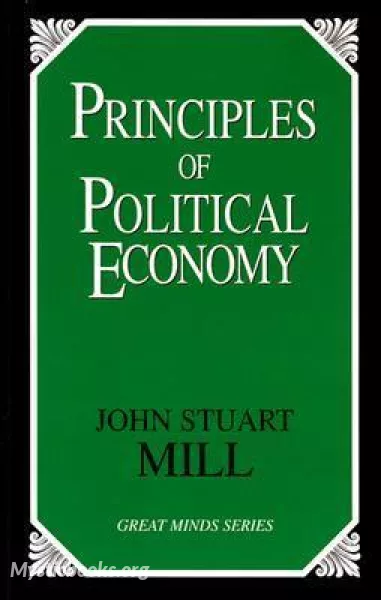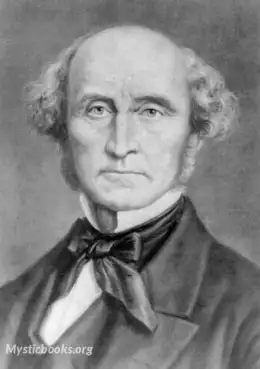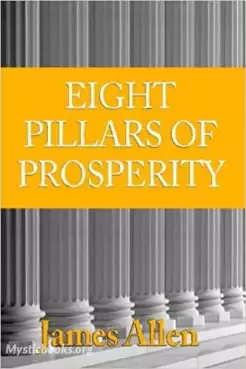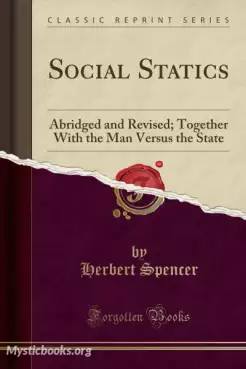
Principles of Political Economy
'Principles of Political Economy' Summary
Principles of Political Economy by John Stuart Mill is a seminal work of economic thought that was published in 1848. Mill was a British philosopher and economist who is considered to be one of the founders of classical liberalism. His book is a comprehensive treatise on the laws of economics and their application to social policy.
Mill begins his book by examining the nature of production and distribution. He argues that the two basic factors of production are labor and land. Labor is the human effort that is used to produce goods and services, while land is the natural resources that are used in production. Mill also discusses the role of capital, which is the accumulated wealth that is used to invest in production.
Mill then moves on to examine the laws of supply and demand. He argues that the price of a good or service is determined by the interaction of supply and demand. Supply is the amount of a good or service that producers are willing to sell at a given price, while demand is the amount of a good or service that consumers are willing to buy at a given price. Mill also discusses the factors that can affect supply and demand, such as technological change and government policy.
Mill next examines the international division of labor. He argues that countries should specialize in producing the goods and services that they are best at producing. This will lead to increased efficiency and productivity, which will benefit all countries involved. Mill also discusses the role of trade in promoting economic growth.
Mill then turns his attention to the role of money and credit. He argues that money is a medium of exchange that allows for efficient trade. Credit is a system that allows people to borrow money to invest in production or consumption. Mill also discusses the dangers of inflation and deflation, and he advocates for a stable monetary system.
Finally, Mill examines the causes of poverty and inequality. He argues that poverty is caused by a lack of access to the resources needed to produce goods and services. Inequality is caused by differences in ability, opportunity, and inheritance. Mill also discusses the role of government in promoting social welfare. He argues that the government should provide a safety net for the poor and the unemployed.
Essence and spirit of the book:
Mill's Principles of Political Economy is a work of optimism. He believed that the economic system could be used to create a better world for everyone. He argued that the goal of economics is to maximize the happiness of all people, not just the wealthy. Mill also believed that government has a role to play in regulating the economy and promoting social welfare.
Mill's book is still relevant today. We continue to grapple with the challenges of poverty, inequality, and economic growth. Mill's insights into the relationship between economics and society can help us to develop policies that promote the well-being of all people.
Conclusion:
Principles of Political Economy is a classic work of economic thought that is essential reading for anyone who wants to understand the laws of economics and their application to social policy. Mill's book is both insightful and challenging, and it will force you to think critically about the economic system in which we live.
Book Details
Authors

John Stuart Mill
England
John Stuart Mill usually cited as J. S. Mill, was an English philosopher, political economist, Member of Parliament, and civil servant. One of the most influential thinkers in the history of classical...
Books by John Stuart MillDownload eBooks
Listen/Download Audiobook
- Select Speed
Related books

Fame and Fortune Weekly No. 8: The Wheel of Fortune by Frank Tousey
The Wheel of Fortune is a motivational story about a young man named Bert Hawley who overcomes poverty and adversity to achieve success in business. B...

Fundamentals of Prosperity by Roger Babson
The book is a treatise on how to achieve material prosperity through thrift, imagination, integrity, vision, and faith. Babson sees these as the human...

The Gospel of Wealth by Andrew Carnegie
"Wealth", more commonly known as "The Gospel of Wealth", is an article written by Andrew Carnegie in June of 1889 that describes the responsibility of...

Railroads from the Investor's View Point by Federal Securities Corporation
'Railroads from the Investor's View Point' is a historical analysis of the American railroad industry from the Civil War to the early 1920s, providing...

Maker of Opportunities by George Gibbs
This book explores the challenges and opportunities that come with wealth and success. It delves into the often overlooked feeling of emptiness that c...

Eryxias by Plato (Πλάτων)
Eryxias is a Socratic dialogue attributed to Plato, but which is considered spurious. It is set in the Stoa of Zeus Eleutherios, and features Socrates...

Fame and Fortune Weekly No. 2: Born to Good Luck; or The Boy Who Succeeded by Frank Tousey
**Description:** 'Born to Good Luck; or The Boy Who Succeeded by Frank Tousey' is an inspiring and educational novel that follows the journey of Dick...

Eight Pillars of Prosperity by James Allen
It is popularly supposed that a greater prosperity for individuals or nations can only come through a political and social reconstruction. This cannot...

The Principles of Economics with Applications to Practical Problems by Frank Albert Fetter
Fetter also asserted that just as the price of each consumer good is determined solely by subjective value, so the rate of interest is determined sol...

Social Statics by Herbert Spencer
In the book, he uses the term "fitness" in applying his ideas of Lamarckian evolution to society, saying for example that "It is clear that any being...
Reviews for Principles of Political Economy
No reviews posted or approved, yet...